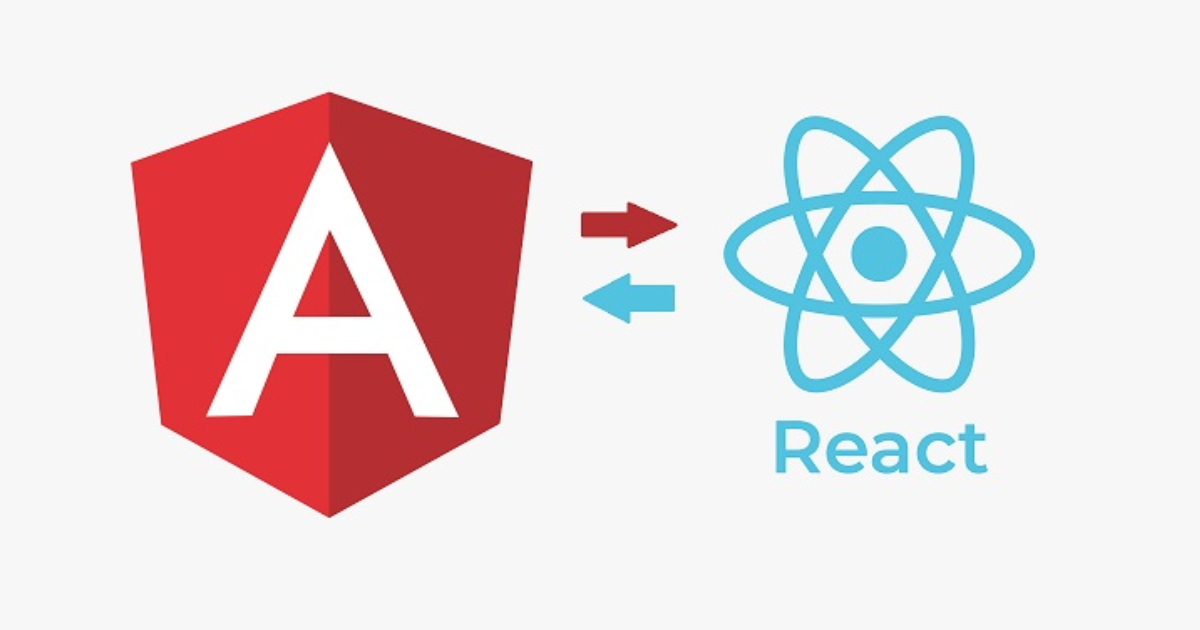My Experience Running a Sports Blog & What I Learned

Setting up a sports blog was one of the high points and turning points of my career. I am a sports fanatic and a web developer, so this was probably the best of two worlds-mixing my love for sports with my technical expertise. I started the blog without knowing that it was going to give me a crash course in so many things—writing, audience engagement, patience, and consistency, and the shifting paradigm of the digital world.
The Beginning: Passion Meets Action
Sports have attracted me from the time I could recognize events: the surprises that unfold in live plays, and the lifetime stories of players. I have spent many hours on sports channels learning about events and then arguing the results with friends. This has inspired me even more to start my blog and share my sports views with a broader audience.
Starting this blog was easy because of my background in web development. I built a clean and user-friendly website, making sure it loads quickly and displays well on a mobile device. The real challenge was creating content. Writing about sports is not just for covering games but unique views, stories, and analyses that attract readers.
The Learning Curve: Challenges & Breakthroughs
-
Consistency is Everything : One of the biggest lessons I learned early on was that consistency is key. A sports blog thrives on regular updates because sports news is always evolving. Initially, I would write only when inspiration struck, but I quickly realized that sporadic posting led to declining readership. Creating an editorial calendar and sticking to a schedule helped maintain steady traffic and engagement.
-
Finding My Unique Voice : The sports blogging world is saturated with news outlets and opinionated writers. To stand out, I had to find my unique voice. Instead of just reporting scores and statistics, I focused on in-depth analysis, behind-the-scenes stories, and personal perspectives on trending topics. Readers appreciated the fresh angle, and it helped me build a loyal audience.
-
The Power of Social Media : Social media became my biggest traffic driver. Platforms like Twitter, Facebook, and Instagram helped me reach a wider audience and interact with sports fans in real time. Posting match updates, engaging in discussions, and sharing my blog links on social media boosted visibility and brought in new readers. I also learned that timing was crucial—posting right before or after major games maximized reach.
-
Dealing with Criticism : Critical public opinion is common when sharing one's thoughts. Some readers have loved my take on particular games, while others have been real dissidents. I found it hard to come to terms with such negative comments, but I have learned that they are part of the sport. Listening to critics respectfully improves one's credibility and generates rich discussions to enhance content.
Growth & Evolution
As my blog grew, so did my ambitions. I started experimenting with different content formats:
-
Interviews with local players and coaches: Adding firsthand insights brought authenticity to my blog.
-
Pre-match Previews and Post Match Analysis: These content actually attracted more readers to the blog.
-
Guest contributions: Inviting other passionate writers added diversity to my blog.
Aside from that, I explored various monetization options, typically through ad placements, affiliate marketing, and sponsored posts. I mean, for me, money was never the goal, but it did feel somewhat good to see that my passion project did generate some small returns.
What I Learned Beyond Blogging
-
Patience & Persistence Building an audience takes time. There were moments when I felt like my efforts weren’t paying off, but persistence eventually led to steady growth. Success in blogging, much like sports, requires resilience.
-
The Importance of Community The best part of running a sports blog was connecting with fellow fans. Engaging with readers, responding to comments, and fostering discussions created a sense of community that made the journey worthwhile.
-
Writing is a Craft Over time, I became a better writer. Blogging taught me how to articulate my thoughts clearly, structure compelling narratives, and make my content more engaging. These skills extended beyond my blog and helped in my professional life as well.
Looking Ahead
Managing a sports blog has been an amazing experience that has guided my path as a writer and digital creator. It has made me believe that a project led by passion can be both fulfilling and impactful. I thus plan to develop my blog further. I do have a plan to tap into video production, and continue showcasing my love of sports to the world.
It's all about starting your blog now: staying put, being regular with it, and having fun. It makes for a wholesome experience that teaches you life lessons while taking you through challenges and presents many opportunities to grow.















